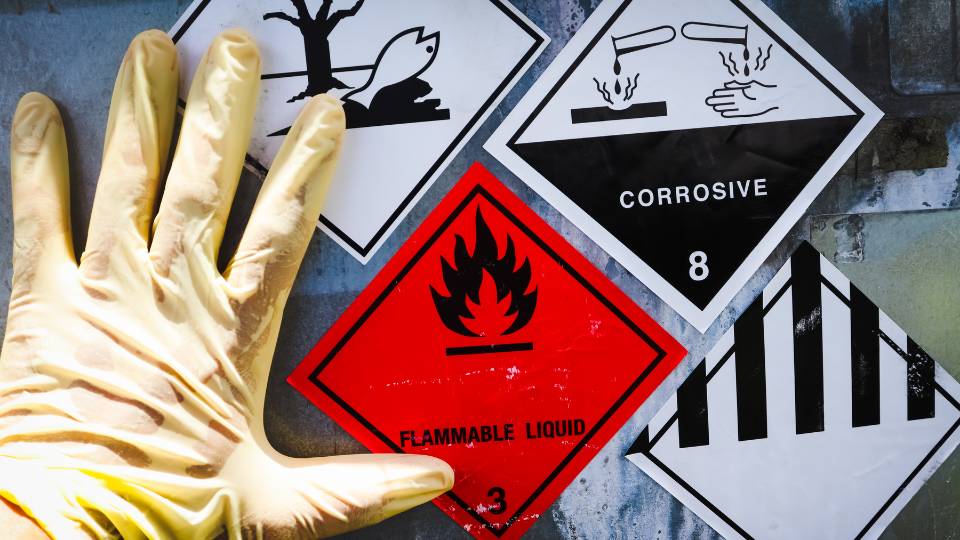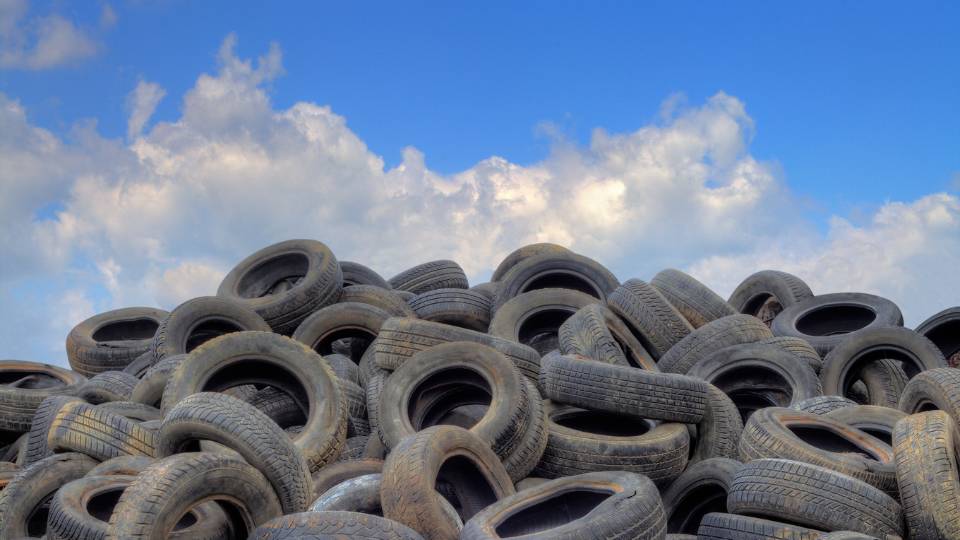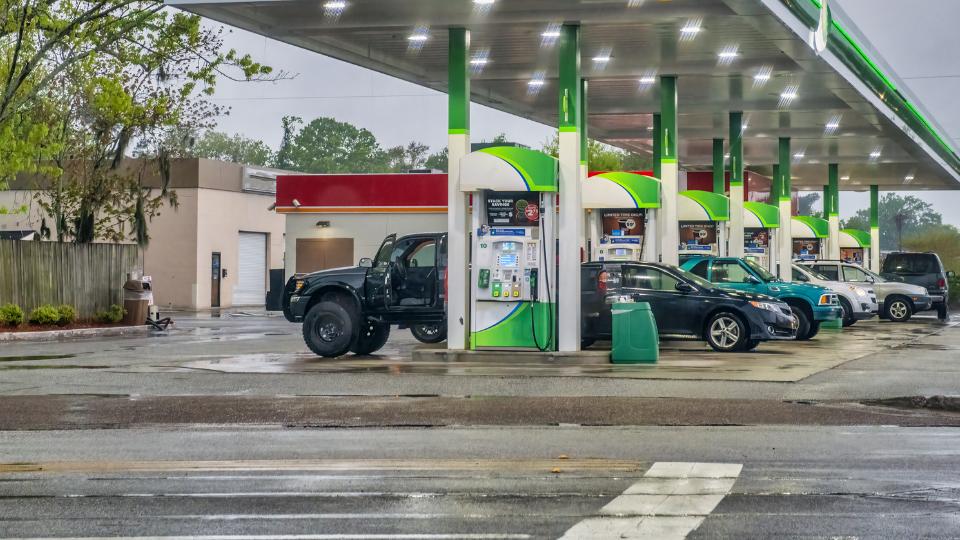
Service stations, also known as petrol stations, generate a variety of waste types. This guide provides an overview of the types of waste produced, the necessary bins, waste collection services, recycling options, and strategies for reducing waste at service stations.
Table of Contents
- Types of Waste Produced at Service Stations
- Internal and External Bins Service Stations Need
- Waste Collection Services You Might Require
- What Service Station Waste Is Recyclable?
- How To Reduce Waste at Service Stations
- Facts and Statistics About Service Station Waste
- Additional Tips for Service Station Owners
- Conclusion
Types of Waste Produced at Service Stations
Understanding the types of waste your service station produces is the first step in managing it effectively. Common types of waste include:
- General Waste – Everyday waste such as food wrappers, drink containers, and non-recyclable packaging.
- Recyclable Waste – Includes paper, cardboard, plastic, and cans.
- Hazardous Waste – Oil, fuel residues, and cleaning chemicals.
- Electronic Waste – Old POS systems, batteries, and light bulbs.
- Food Waste – Food waste from on-site cafes or convenience stores.
- Sanitary Waste – From toilet facilities.
Internal and External Bins Service Stations Need
Having the right bins both inside and outside your service station is crucial for UK-compliant waste management requirements.
Internal Bins:
- General Waste Bins – Located at strategic points like shop entrances, and food areas.
- Recycling Bins – Easily accessible in the shop area, clearly marked for paper, plastics, and cans.
- Hazardous Waste Bins – Secure bins in service areas for oil, batteries, and chemicals.
- Electronic Waste Bins – For small electronic items like batteries and light bulbs.
External Wheelie Bins:
- General Waste Containers – Larger bins for bagged general waste until collection.
- Dry Mixed Recycling Bin – For cardboard, plastic, glass, and cans.
- Hazardous Waste Containers – Secure and lockable containers for safe disposal of hazardous materials.
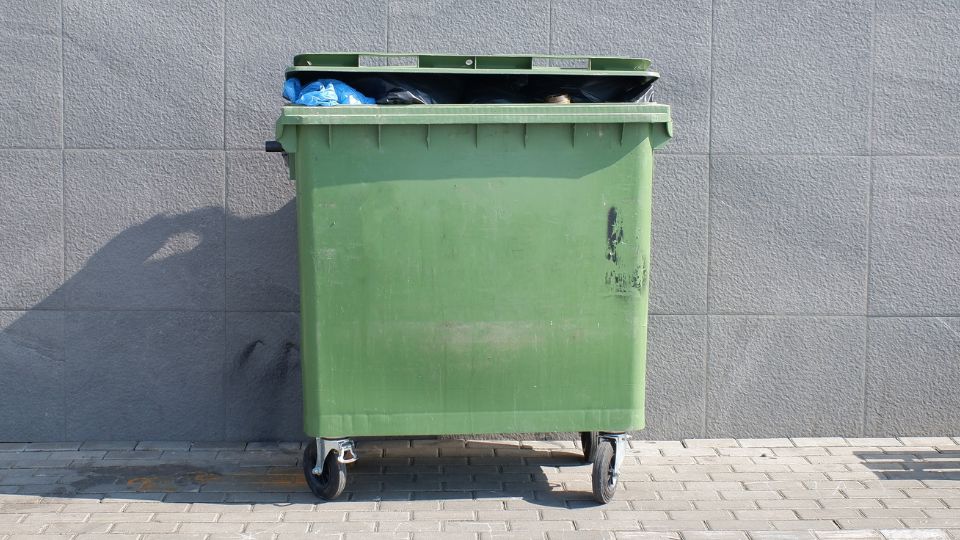
Waste Collection Services You Might Require
In the UK, by law, you’ll need to arrange for regular waste collection services for your commercial waste.
Here’s what to consider:
You’ll need to conduct a waste audit to determine what kind of waste your service station is regularly producing and how much of it.
Typically petrol stations with a convenience store attached will produce mainly general and dry-mixed recycling waste. Therefore, a weekly collection for 660L – 1100L general waste bin and a fortnightly collection for a 240L – 660L mixed recycling bin is what we’d recommend.
However, if you have a bakery attached or any other food production going on then you will also need a food waste bin. This should be a 240L bin collected weekly.
What Service Station Waste Is Recyclable?
- Paper and Cardboard – From packaging and promotional materials.
- Plastic Bottles and Containers – Used for drinks and snacks.
- Glass Bottles – From beverages sold on-site.
- Metal Cans – Beverage containers from the shop.
How To Reduce Waste at Service Stations
Implementing waste reduction strategies can save you money and benefit the environment:
- Use Reusable Items – Opt for reusable containers and utensils in on-site cafes.
- Bulk Purchase Supplies – Reduce packaging waste by buying in bulk.
- Digital Records – Minimise paper waste by using digital receipts and records.
- Eco-friendly Products – Choose products with minimal packaging and biodegradable materials.
- Maintenance – Regularly maintain equipment to extend its lifespan and reduce waste.
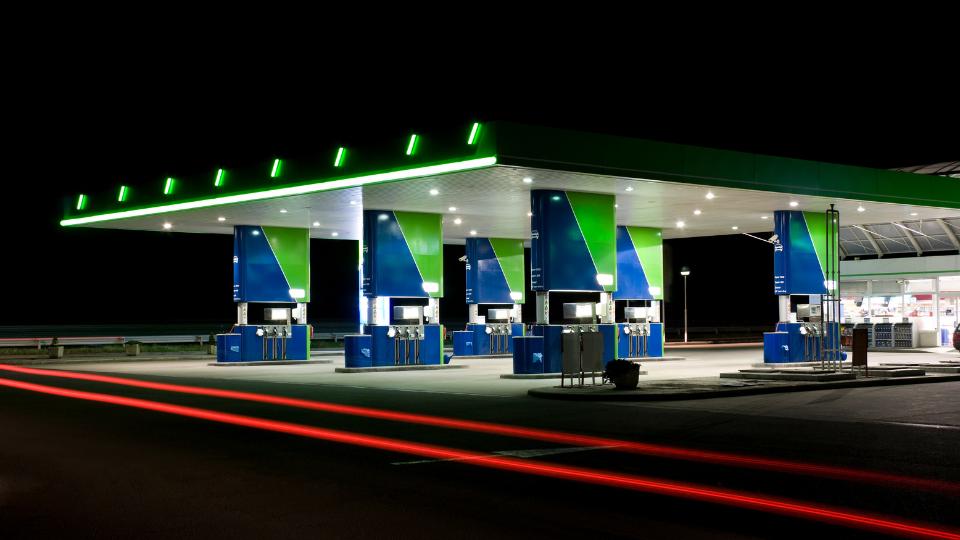
Facts and Statistics About Service Station Waste
- In the UK, Shell partners with IMS Evolve to remotely manage energy at 100 company-owned service stations. Their platform enables staff to control HVAC, refrigeration, and lighting, resulting in an average annual energy saving of 8% per station.
- Additionally, Over 40% of Shell’s owned service stations encourage customers by offering discounts to those who bring reusable coffee cups or by offering water bottle refill stations.
- In Malaysia, Shell has partnered with Cleantech Solar to retrofit around 300 service stations with solar panels; reducing grid electricity demand by about 15%.
- In the UK, BP service stations produce over 20 tonnes of waste each day.
Additional Tips for Service Station Owners
- Staff Training – Educate your staff about proper waste segregation and recycling practices.
- Customer Education – Inform your customers about your eco-friendly practices and encourage them to participate.
- Regular Audits – Conduct waste audits to identify areas for improvement and track your progress.
- Sustainable Waste Collector – Use environmentally conscious business waste management services.
Conclusion
Effective waste management is essential for running a successful and sustainable service station in the UK. By understanding the types of waste produced, using the right bins, partnering with reliable waste collection services, and implementing recycling and waste reduction strategies, you can reduce waste service costs and play your part in protecting the environment.

